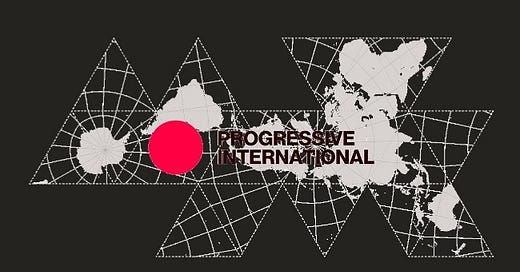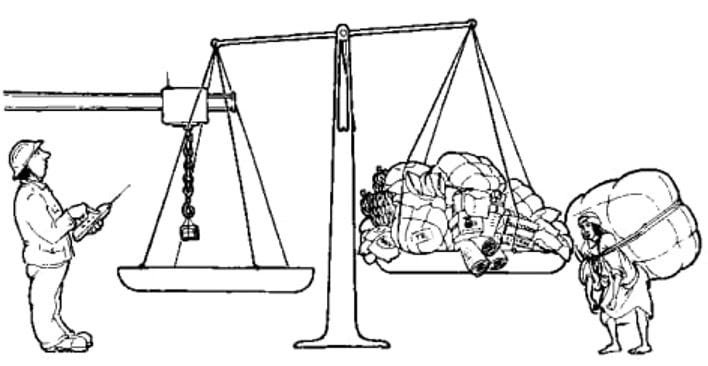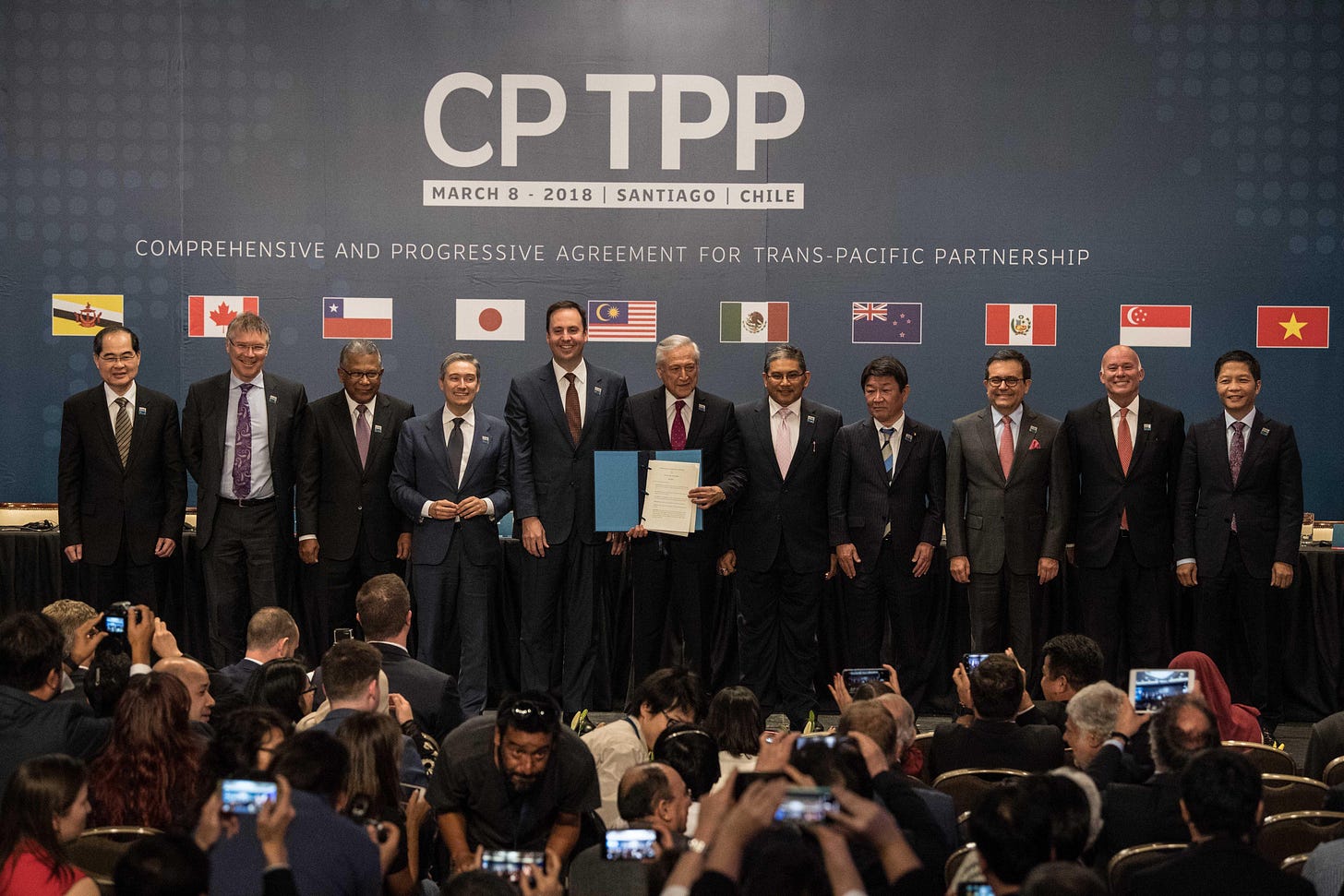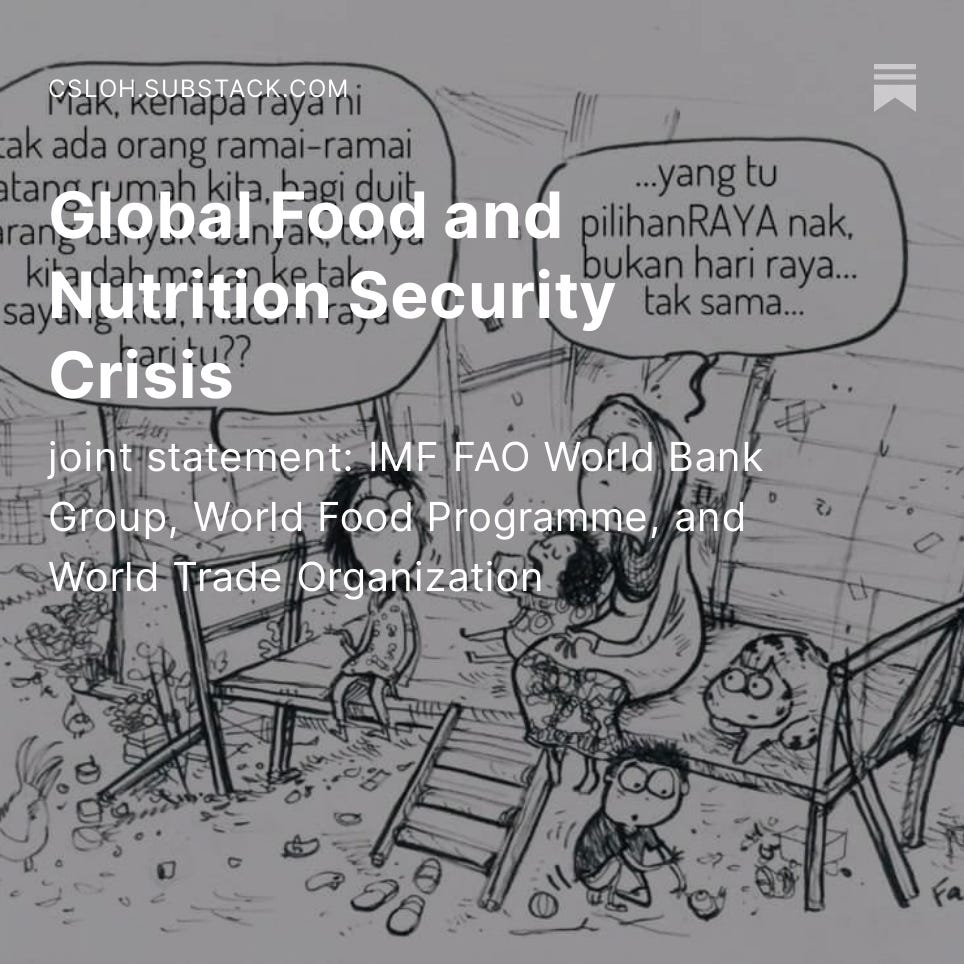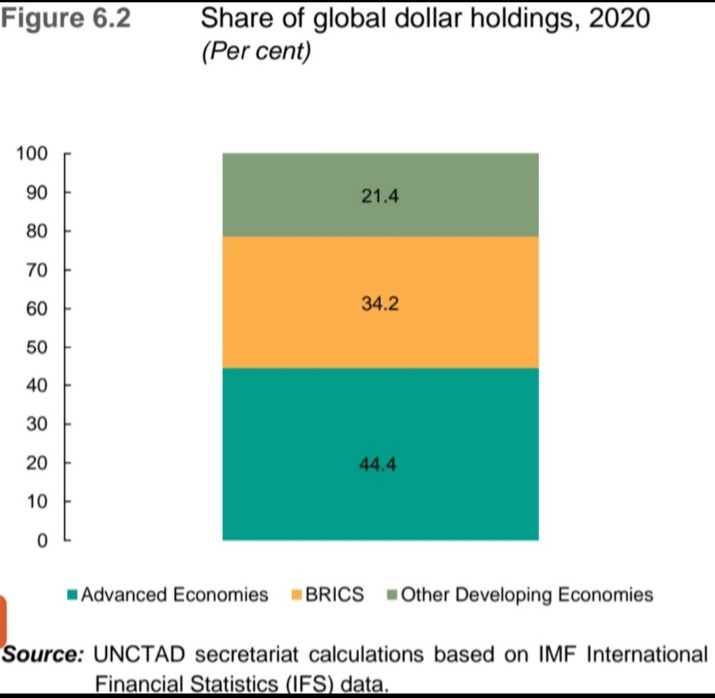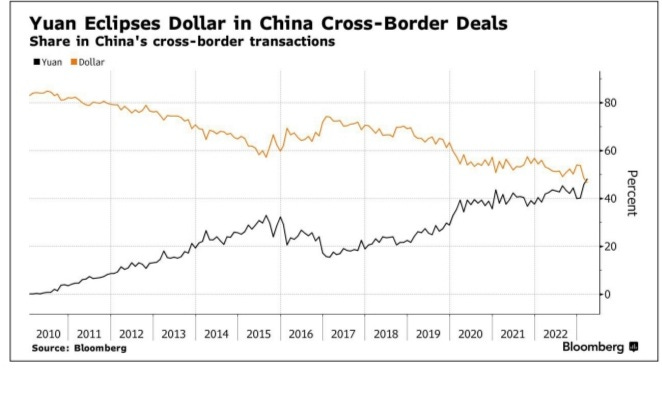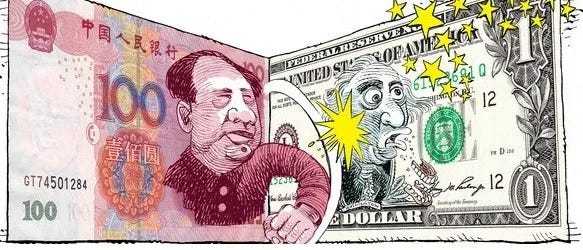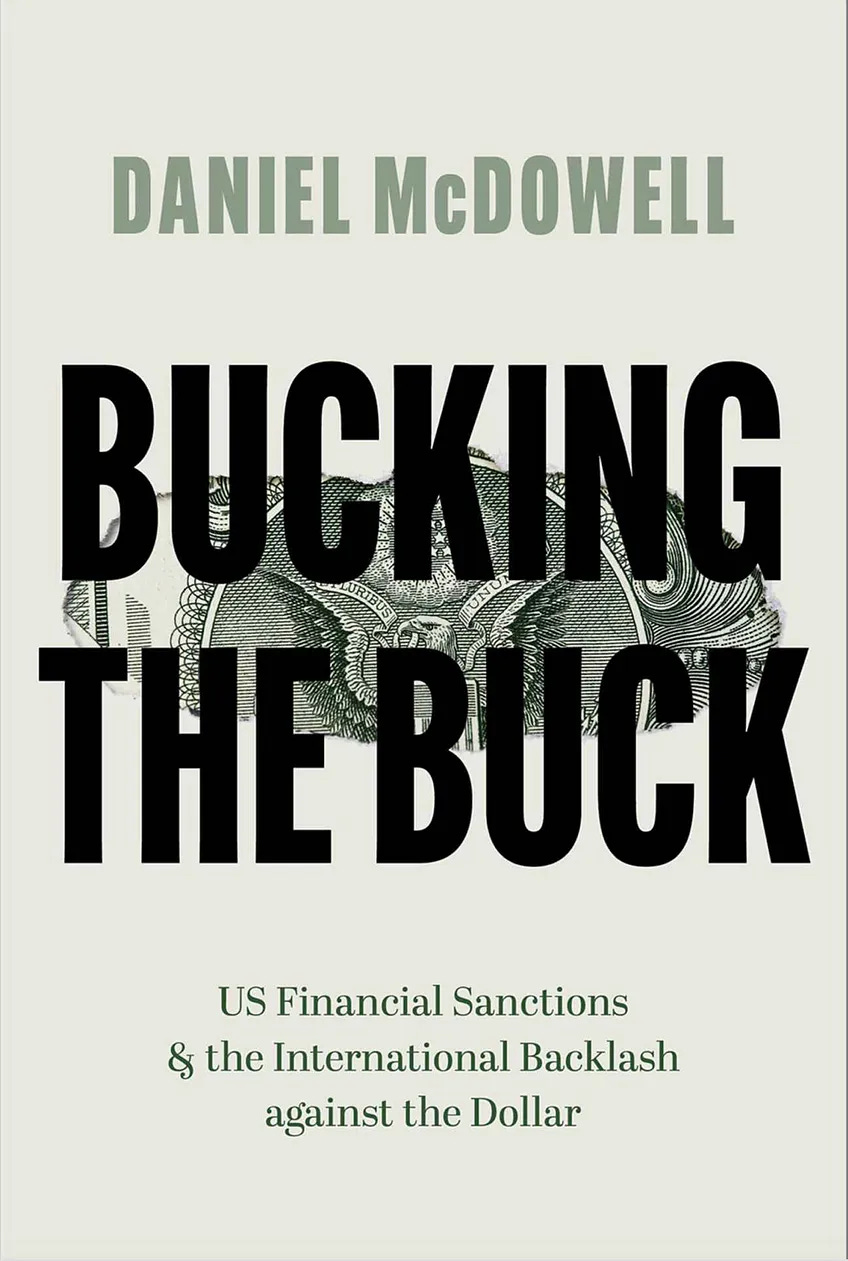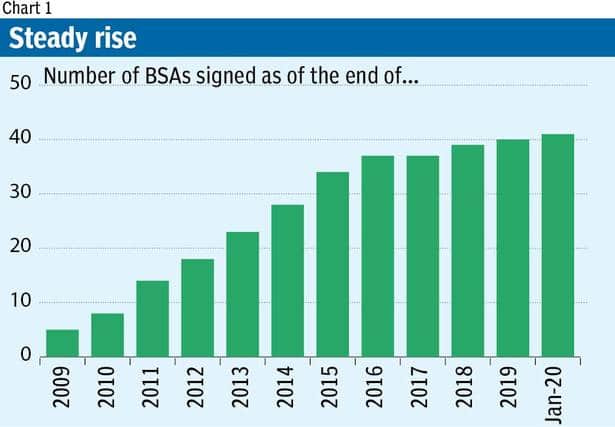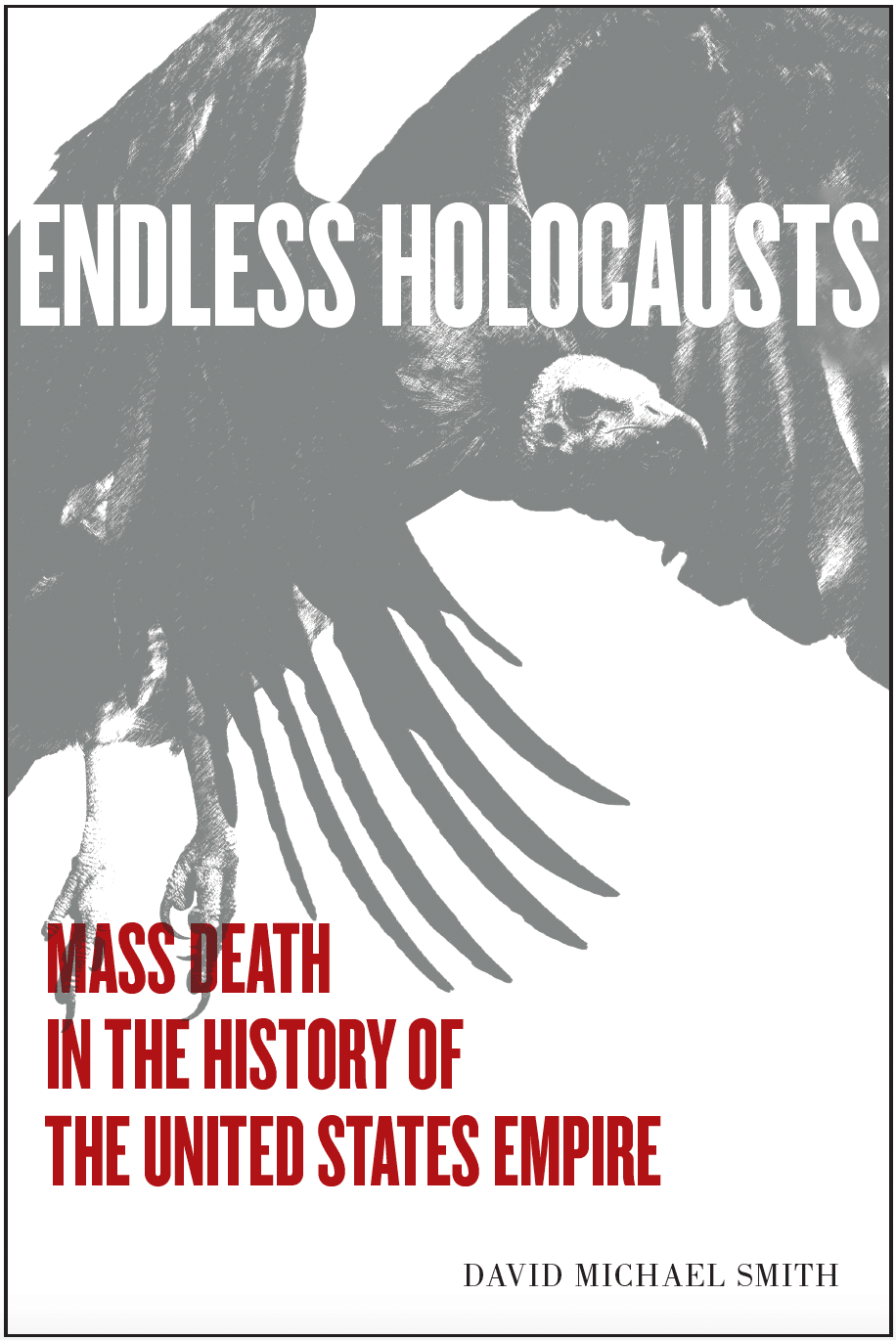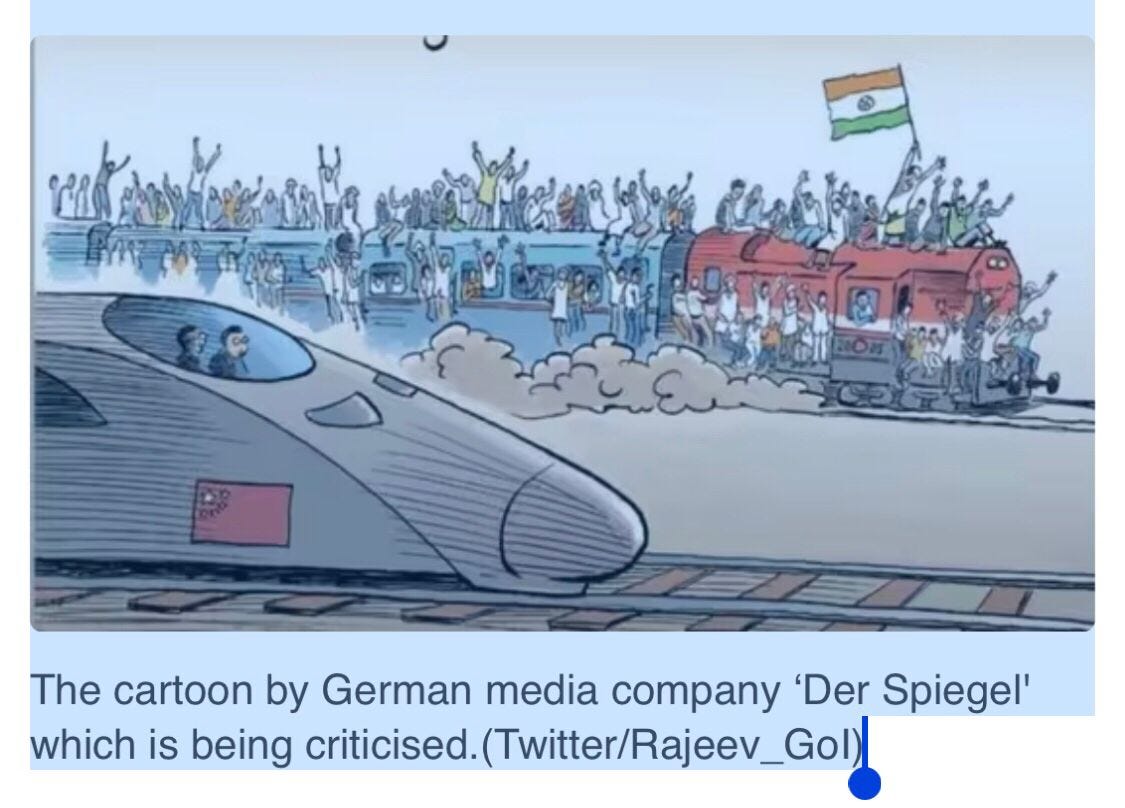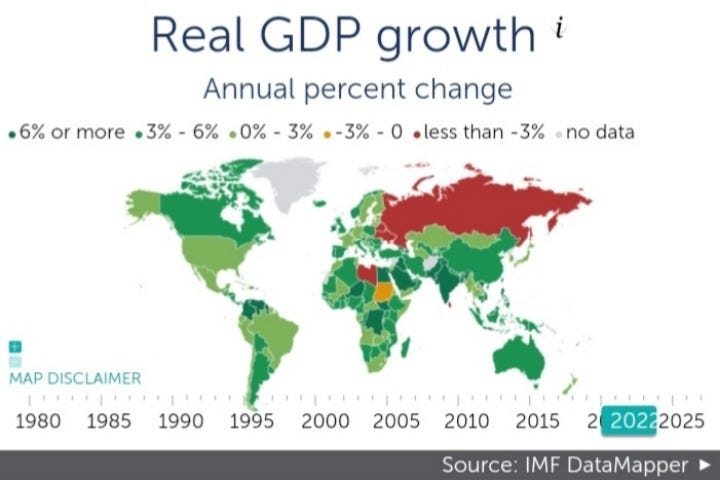A collection of my blogs and articles scattered in various websites during the week that was; selective referred articles are explored, too.
1] THE SPIRIT OF BANDUNG has an early, and rather high, traction.
The follow-up posting on the NON-ALIGNMENT MOVEMENT : from Bandung-Belgrade-Havana traced the firmer NAM formation with the active participation of Cuba.
To read: The Political Economy of Imperialism.
2] To be or not to be CPTPP, China’s endeavour to apply for membership to be of dominance relevance in the Asia-Pacific basin is articulated in CHINA JOINING CPTPP when pushing for more globalisation in her latest mantra to tackle the U.S.-led China containment strategy.
DE-GLOBALISATION tends to impoverish countries by creating barriers to trade and encouraging reallocation of resources towards less efficient industries. A drop in output can reduce government revenues and cause a fiscally driven inflation if the government does reduce spending and/or increase taxes. Supply and demand will add inflationary forces, the strength of which will depend on whether a country is primarily an importer or exporter. Importing countries will find it more difficult to purchase goods from abroad, which creates inflationary pressure at home. Exporters, by contrast, will anticipate lower future income from foreign sales, causing household demand to fall.
An nuance analysis on BEIJING's CPTPP is advanced by two researchers at the Lancang-Mekong Research Centre, Yunnan University, where the principal author: Lu Guangsheng (卢光盛) is a Director of the Institute of International Relations.
3] On the NEO-IMPERIALISM PENETRATION of FINANCIALISATION CAPITALISM, from a neo-marxist perspective, the article covers the theoretical unequal exchange aspects, the generalised monopoly finance capital formation taking note on the advent of tech-venture collusion, globalised labour arbitrage and the value chain extraction within a global commodity value chaining stronghold.
The follow-up paper: RAMIFICATIONSof FINANCIALISATION CAPITALISM highlights impact on the compradore class and rakyat² households which have similarities as in Ruy Mauro Marini’s The Dialectics of Dependency which more than ever reinforces the capitalist underdevelopment in Latin America contributing to the development of the imperialist economies, especially in labour superexploitation involving elements of low wages, long working hours, and intense work to the point of sheer exhaustion through blood, sweat and tears.
On the other hand,
Social production organized by workers builds new relations among producers—relations of cooperation and solidarity. It allows workers to end ‘the crippling of body and mind’ and the loss of ‘every atom of freedom, both in bodily and in intellectual activity’ that comes from the separation of head and hand.
IF one gotta time, a long treatise on The State and the future of Socialism by Michael A. Lebowitz is worth a weekend 📚.
4] Global Food Insecurity in JOINT STATEMENT by neoliberal entities have not eradicate BIG FARMS monopolies nor allocate sufficient fundings to Africa. In fact, growth in sub-Saharan Africa (SSA) is expected to slow to 3.6 percent as a “big funding squeeze”, tied to the drying up of aid and access to private finance, hits the region (IMF April 14, 2023), but instead The ABCD group of ADM, Bunge, Cargill and (Louis) Dreyfus are accounting for 75%-90% of the global grain trade controlling the supply side of fertilizers and food to poverty-stricken nations where, in the case of Malaysia, FOOD SECURITY HAS YET TO BE PRIORITISED.
Read also STORM 2023, Globalisation of Agribusiness.
5] World Bank / BRICS Bank: have new leaders and different outlooks where Dilma Rousseff political career began in the democratic fight against the 21-year military dictatorship (1964-1985) that was inflicted on Brazil by the United States and its allies.
It will be interesting to see whether the new BRICS Think Tank Network for Finance will be able to break with the IMF’s orthodoxy, (Vijay Prashad).
The other alternative is an Asian Monetary Fund (AMF) - as proposed recently by Malaysian premier Anwar Ibrahim - could possibly allow Asian economies to pool regional currencies which they could then draw upon in a crisis. It would help them shift away from the IMF and, in doing so, move away from the dollar, too, (ANU Editorial).
Andrew Sheng is of an opinion that the AMF can create a regional self-insurance scheme that seeks to mediate the risk of unilateral sanctioning for geopolitical reasons; just as global US$ holdings are decreasing:
Is this the end of the petrodollar? (usfunds 24/03/2023 - a 40-minute read 📚); whence US Treasury Secretary Yellen admits US sanctions risk hurting dollar hegemony - and where Yuan rises in global influence against greenback, (asiasentinel, 26/04/2023).
Moving oil trade out of the petrodollar into the petro-yuan could take away an estimated US$1.62 Trillion worth of transactions out of the petrodollar annually based on an average Brent crude oil price of $100 a barrel.
Whether this is an option has been argued by bloomberg in that having spent 60 years building a formidable cartel, why would or should Middle East nations cede pricing power to China?
Further, Middle East oil-producing nations have other reasons to stick to the dollar: a crucial expression is that most of their currencies are pegged to the greenback, requiring a constant influx of dollars to support the arrangement; anyway, those savings are held in dollar accounts, so Middle East countries have an interest in keeping the dollar strong.
More on
can be found in a suite of alternative views, supported by graphic displays, in Prof. Adam Tooze's Chartbook #211.
It's also appropriately to read: Toward Delinking - an alternative Chinese path, amid the new Cold War (monthlyreview, 1/10/2020).
On the other hand, countries can still banks in the developing countries, (C.P. Chandrasekhar, Jayati Ghosh, 2020) whereby the bilateral swap arrangements (BSAs), denominated in RMB and the currency of the relevant partner central bank, allowing the latter to access RMB liquidity for short periods at relatively low rates of interest, in return for its own currency as implicit collateral:
Between January 2009 and January 2020, the PBoC entered into such arrangements with 41 countries (see Table 1 above). Most of these were put in place between 2009 and 2016 (see Chart 1 below) which showed an increasing trend:
6] The opening paragraph of Monthly Review, April 2023 (Volume 74, Number 11):
There is no longer any question that the United States is waging a New Cold War, not simply on Russia (via NATO’s proxy war in Ukraine), but also on China, which Washington has now defined as its number one security threat. Thus, the United States is taking an increasingly aggressive military position with respect to Taiwan, which under the internationally recognized One China principle is an inalienable part of China, but with a separate government. Along with this, Washington is building up its military alliances and forces in the Indo-Pacific and bolstering its four hundred military bases currently surrounding China, forming what is sometimes referred to as a “giant noose” (Robert Daly, “China and the U.S.: It’s a Cold War, But Don’t Panic,” Bulletin of Atomic Scientists, March 10, 2022; Arthur R. Ramsey, “Anthropologist Warns of Growth in U.S. Bases,” Investigative Reporting Workshop, September 8, 2020; John Bellamy Foster, “The New Cold War on China,” Monthly Review, July–August 2021; Kari Quinn, “The Coming War on China: Pilger Says US Is Threat in the Pacific, Not China,” Sydney Morning Herald, January 9, 2017).
Endless Holocausts: Mass Death in the History of the United States Empire - in a book review covering the European colonial-settlement in Americas to the present in an endless series of holocausts at home and abroad, the doctrine of American exceptionalism has plagued the world for over a century.
USA is Still An Empire, (countercurrents); War Prevention Depends on Respecting Invisible Geopolitical Faultlines, (Richard Falk).
China is Bigger. Get Over It (counterpunch)
Though Union Minister Rajeev Chandrasekhar slammed the German Der Spiegel for its racist tone in its cartoon depicting India as the most populous nation, surpassing China. “Notwithstanding your attempt at mocking India…,”
7] MOMENTUM edition #144 is a collection of events in Malaysia and geopolitico-economic situatons occuring in the Asia-Pacific basin and around the world.
8] The collection of breaking news items are curated in the FRIDAY FILES 28/04/2023.
Preview the content links, READ the embedded postings therein or kindly help to DISTRIBUTE this digest freely to your peers, diaspora communities, Discord Element FB Instagram Signal Telegram WeChat WhatsApp groups.
Thanks a bundle.
